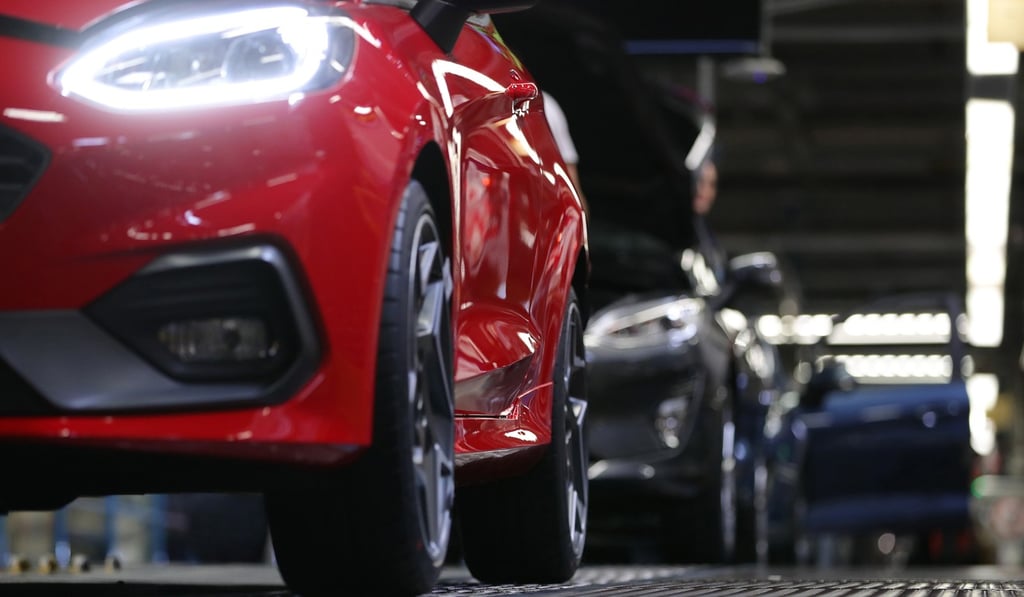Advertisement
The US-China trade war could be a warm-up act for the real conflict over auto tariffs
- US tariffs on auto parts from major players such as Germany, Japan, Mexico – and even China – could provoke retaliation that would dwarf the damage caused by Washington’s current conflict with Beijing
4-MIN READ4-MIN

Sighs of relief could be heard in Berlin, Tokyo and Seoul when the US administration recently delayed for 180 days its final decision on the imposition of global tariffs on automotive products, pursuant to an investigation conducted by the US Department of Commerce under so-called Section 232 national security provisions.
Most observers attributed this delay to a desire on the part of the administration to avoid escalating tensions with key trade partners while tensions with China reach a boiling point.
Attempting to speculate on the precise motivations – and future intentions – of the White House is dubious at best, so when assessing the situation, focus instead on what we can be reasonably sure about today.
Advertisement
Automotive trade is massive, so the stakes here are high. Total global automotive exports were a staggering US$744.7 billion in 2018. That’s the third largest product category worldwide, trailing only crude oil and refined petroleum. The top seven automotive exporters – and those who would be hit hardest by tit-for-tat auto tariffs – are: Germany, Japan, the US, Mexico, Britain, Canada and South Korea.
While the US-China trade impasse has been regarded as one of the most serious threats to the stability of the global trade system in decades, it has mostly involved the two chief protagonists, and the impact on third countries has mainly been collateral damage. The imposition of global automotive tariffs could actually have deeper repercussions and ultimately prove to be more disruptive, as more countries – some of the leading trading nations in the world – are drawn directly into the fray.
Advertisement

Advertisement
Select Voice
Select Speed
1.00x
